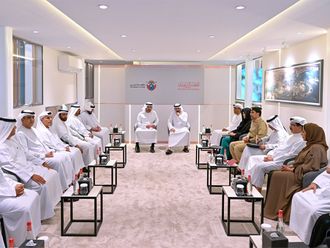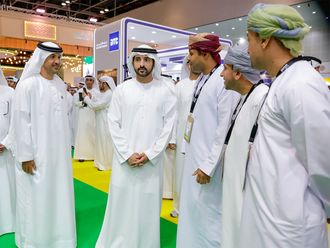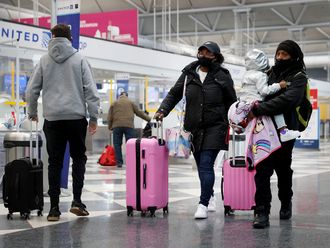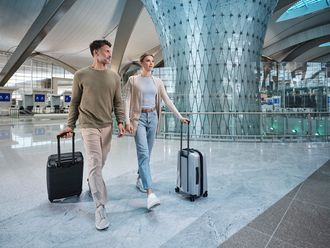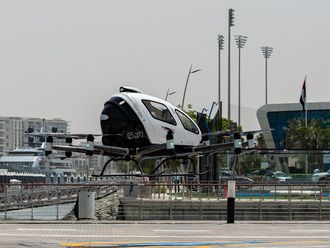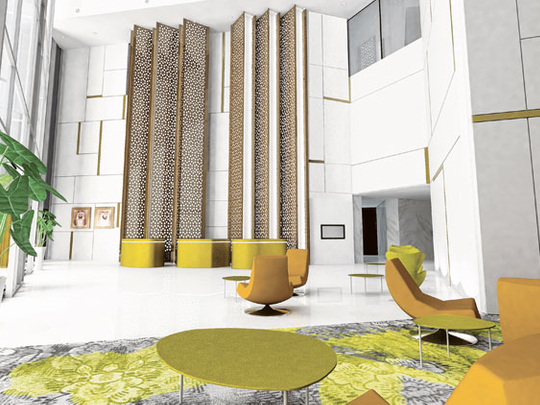
Dubai: Local hotel groups are tapping into green technology not just to cut down on their carbon footprint but the utility bills as well.
Rotana Hotels told Gulf News it is saving 12 per cent on utility bills by doing so, while Movenpick Hotels are currently working to cut their annual carbon emission by more than 150,000 tonnes as well as saving on utility costs to the equivalent of about $5 per room per night.
"It started many years ago when the hotel installed solar panels that remarkably provide energy to the property's water heating system, which supplies temperature-controlled water in all its 275 rooms and suites," explained Hussain Hachem, general manager at Rotana.
A recent survey showed that five-star hotels in Dubai use over 225 per cent more energy than those in Europe. In 2008, the Dubai Department of Tourism and Commerce Marketing issued a commitment to ‘‘reduce carbon emissions in the hospitality industry by 20 per cent by 2011".
That figure, however, may still be a long way off. According to the latest statistics compiled by Green Globe, a US hotel classification system, only four of Dubai's 566 hotels qualify.
But pressure on hotels is on the increase, said Markus Oberlin, general manager of Farnek Avieal, which partners with Green Globe.
"[Because of] demand from green travellers, we can expect to see more and more hotels change their operations to a more environmental friendly way," he said, adding that reports show 81 per cent of travellers would pay more for a green certified hotel.
"Dubai's hotel industry will need much more fin-ancial investment to meet the 20 per cent target set in 2008. The target was set to encourage future sustainable projects and has done so," Oberlin said.
The Radisson Blu in Dubai is one example. The hotel has invested over $1.25 million (Dh4.59 million) in green initiatives.
"We had already completed a number of sustainability initiatives, such as energy and resource saving, the use of bio-degradable chemicals and recycling initiatives," said Arthur Rodrigues, chief engineer at the hotel. "But achieving Green Globe status will now have a positive effect on every aspect of the hotel operation."
Recent figures released in advance of the World Green Tourism Abu Dhabi conference (which will be held at the Abu Dhabi National Exhibition Centre later this year) suggest that sustainable tourism could grow to $473.6 billion within six years. Speaking at the event will be Joseph Dolan, the independent owner and manager of the 60-bedroom Bush Hotel at Carrick-on-Shannon, which last year earned one of Ireland's top green hotel awards and received the Communication Award for Eco-label Tourism Accommodations throughout the EU.
Dolan will be advising hotels in the Middle East on how they can follow this example. "Although we are only a small hotel, our principles and practices are applicable to even the largest global hotel chains and can be easily facilitated in the Middle East," he said.
Dolan's efforts are based on minimising waste output, energy use, potential pollution and the impact of all other hotel activities, and maximising the reusable and recyclable waste. The hotel recycles around 92 per cent of its waste by weight, and encourages employees and customers to recycle their waste through the hotel.
Initiatives undertaken include the installation of hundreds of low-energy bulbs which provide 97 per cent of the hotel's lighting, and steps to ensure all deliveries come in returnable and reusable plastic crates, with suppliers removing all excess packaging.


